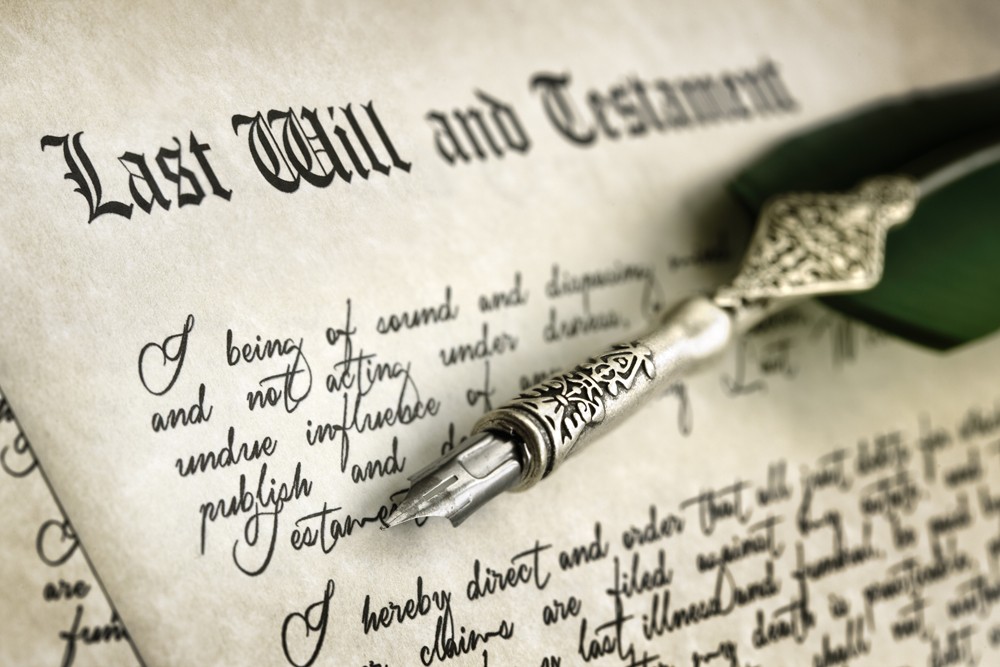As a person nears the end of his or her life, it is common for that person to gather his or her family and friends nearby, speak to them one last time, and perhaps even express some final wishes or desires concerning the disposition of his or her property (such as a mother wanting her eldest daughter to have the mother’s wedding ring). This process can be a peaceful and meaningful one for both the individual about to pass and the surviving family, as it gives all involved the sense that any loose ends the individual may have had have been resolved. The “gifts” made at this time are often referred to as causa mortisgifts: gifts made in contemplation of impending death.
In the vast majority of cases in which a decedent made an oral request or promise to give a particular piece of property to a specific person, the wish is honored and there is nothing further said or done about it. However, what if the asset being “gifted” is of a significant value, like a home? Can a “deathbed gift” legally transfer these types of assets and are such gifts enforceable?
Enforcing Oral Gifts After a Decedent Passes
After a person dies, the decedent’s will, if any, or Ohio law determines how that person’s assets will be distributed among his or her spouse, surviving children, and other heirs. Oral promises made that disrupt this statutory-described distribution need to be proven at a hearing in order to be enforceable. Unfortunately, if you were the only person in the room when your mother gifted you the family home and said she did not want her husband to have it, the promise may not be enforceable.
In seeking to prove an oral gift under these circumstances, one will often need to show that, at the time the gift was made:
- The person granting the gift had capacity to do so. This usually requires evidence that he or she was in his or her right mind, was not unduly coerced or under the influence of drugs or medications, and understood the nature of the property he or she was giving away and to whom he or she was gifting the property to.
- The person making the gift intended it to be a gift. That is, the person cannot ask the recipient for any compensation or consideration. If the decedent said, “Mary, I want you to have my wedding ring so long as you promise to let your brother have my books,” the decedent was asking for consideration from Mary in exchange for the ring and the gift is not valid.
- The donor must physically deliver the gift to the recipient, who must physically accept the gift. If the property itself cannot be delivered, some symbol or access to the property (such as a key to a bank’s lockbox or the title to property) can be delivered instead. Nonetheless, there must be some physical transfer that takes place.
The Benefits of Estate Planning
As can be seen, distributing property through “deathbed gifting” can be legally challenging. The better practice – and the more secure route to go – is to have a sound estate plan that leaves no confusion as to how you want your affairs to be handled.
Dawes Legal, LLC, and its team of experienced estate planning attorneys want to help you create an estate plan that reflects our final wishes and that allows your property to be distributed peaceably and without needless turmoil. Call our office today at (614) 733-9999 and set up an estate planning consultation so that we can discuss your situation.

